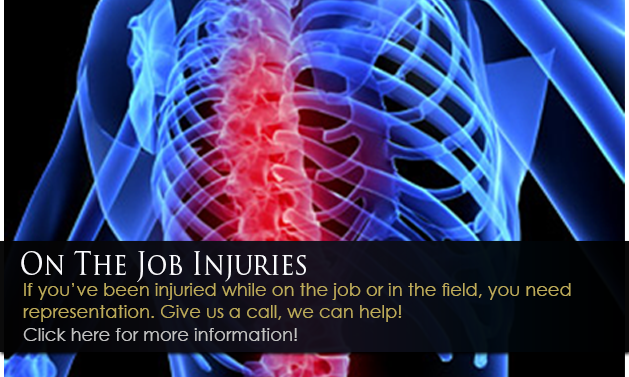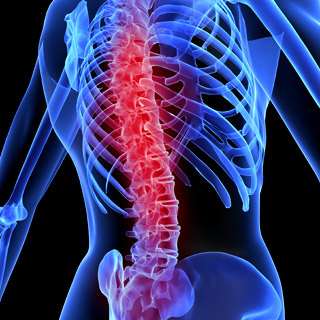
While there are several different types of spinal cord injuries, the two most common are paraplegia and quadriplegia. In these cases, the spinal cord is severed or severely damaged at a certain location along the spine. When only a certain portion of the spinal cord is damaged, or when the autonomic nervous system is overly-stimulated, other injuries can occur.
Paraplegia
Paraplegia is the loss of sensation and function in the legs and lower trunk. Bowel and bladder function, as well as sexual function, may also be affected. An injury to the thoracic, lumbar, or sacral nerves can cause paraplegia. Twenty-six percent of spinal cord injuries (SCI) result in complete paraplegia, while 18% cause incomplete paraplegia. Generally speaking, a spinal injury below the cervical spine will cause paraplegia, as opposed to quadriplegia. Of the 33 vertebra along which the spinal cord runs, only seven of them are in the cervical region. When speaking of paraplegia, the range of paralysis involved can be quite varied depending upon the level where the cord was injured, as well as the severity of the injury and specific part of the cord damaged. Paraplegia varies from partial paralysis of the leg, causing loss of sensation and impairment of motor function, to full paralysis of both legs, trunk, and abdomen, all the way to the upper chest. Paraplegics will have full use of their arms and hands, and internal organ complications, if any, are generally limited to the bowel and bladder area, as opposed to quadriplegics who may have difficulty breathing and with other organs. At the very bottom of the spinal cord, in the lower lumbar and sacral regions, the spinal cord fans out into a shape reminiscent of a horse's tail, which gave rise to its scientific name as the cauda equina. Damage to this area may be termed paraplegia or cauda equine syndrome. In some cases, where the damage is not too severe, these nerves may continue to grow again, with accompanying recovery of function.
Quadriplegia
An injury to the cervical spine will cause quadriplegia, also known as tetraplegia, which is paralysis of all four limbs or the entire body below the neck. Twenty percent of all spinal cord injuries (SCI) result in complete quadriplegia, and another 30% cause incomplete quadriplegia. The degree to which body function is affected depends upon at what level along the spine the injury occurs. If the cord is injured at C1, C2, or C3, there will be complete paralysis of the entire body from the neck down, although some amount of head and neck movement should be possible. A person with paralysis of muscles in the chest and diaphragm will need a ventilator to assist in breathing. At the C4 level and below, the injured person is sometimes able to breathe without a ventilator. Injuries at C5, C6, or C7 will inhibit function in the wrist and hand, hand, or fingers, respectively. The head and neck should have full mobility, with good shoulder movement available as well. At C7 and C8, limited movement in the hands and fingers will allow for more independence in self-care and mobility, with the use of adaptive devices and assistive technology. The attorneys at The Cartwright Law Firm are experts in the medical and legal issues affecting persons with spinal cord injuries. For legal advice or representation in a lawsuit arising from your injuries, contact The Cartwright Law Firm today for a free initial consultation. Other Spinal Cord Injuries:Apart from paraplegia and quadriplegia, spinal cord injuries (SCI) can invoke a number of related health issues and injuries. Some of the more common conditions include:
If you or a loved one has recieved a spinal cord injury while on the job or in an accident, you should seek legal counsel as soon as possible. In a time of need, you need qualified legal assistance that can recover financial compensation for your loss. Give Osiris a call, and see if you have a case today! What to do in case of an accident? Visit our Resources Center to get the facts! |





